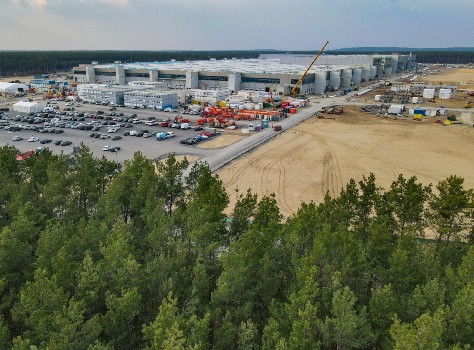“Negotiations between Volvo Car Corporation and its union representatives have now been completed,” the group announced in a statement about union talks related to a restructuring plan which will result in 4,616 jobs losses globally.
The news comes at the same time the government is considering a major package of loans and loan guarantees to help Swedish vehicle makers.
In June and October, Volvo Cars had given notice that a total of 3,900 full time positions in Sweden were on the line out of cuts expected to reach 6,000 worldwide.
In the statement, the company said it would trim 2,367 workers governed by collective wage agreements.
In addition, 354 white collar employees would lose their jobs, considerably fewer than originally thought.
“An additional 680 employees abroad will leave the company. Also, 1,215 contracts with consultants have been terminated,” said Volvo.
Most of the redundant employees will leave the company by December 31, it said.
Volvo Car Corp., which Volvo Group sold to Ford in 1999, employs some 24,400 employees worldwide.
Cash-strapped Ford announced last week it was considering selling the unit, its last foreign premium marque, as the three big US carmakers seek a bailout in government-backed low-cost loans.
The Volvo car group has been hit hard by declining sales, as interest for its big, costly and gas-guzzling models dwindles.
In the third quarter, the company posted a net loss of $458 million, nearly three times its full-year 2007 loss of $164 million.


 Please whitelist us to continue reading.
Please whitelist us to continue reading.